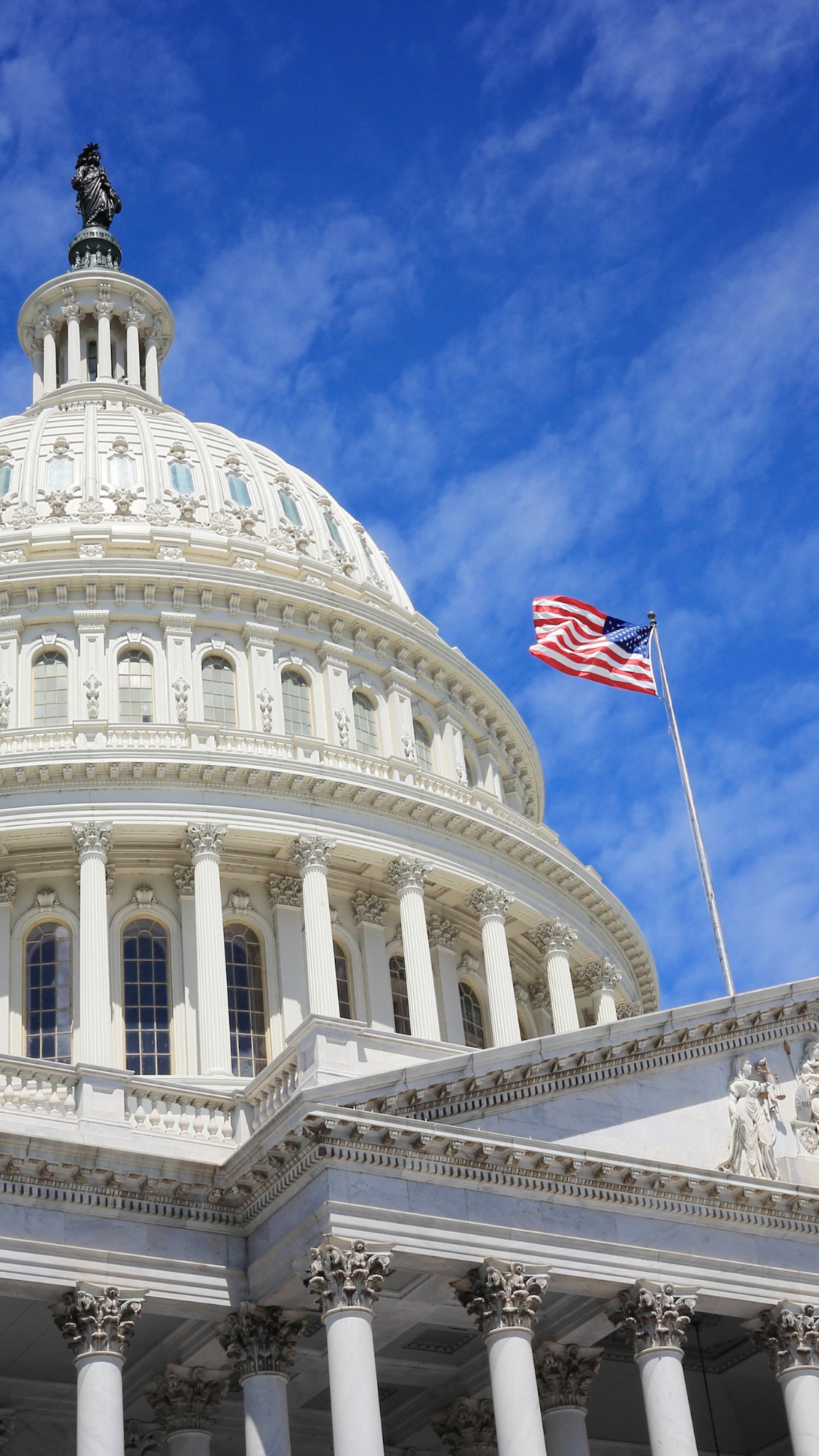License Advanced Reactors
Advanced Reactors Require a Modern Regulatory Agency
The Nuclear Regulatory Commission has a clear mandate to license safe, clean nuclear energy generation. Yet since its founding in 1975, the NRC has not signed off on a single new reactor design that was subsequently built. To commercialize a new generation of nuclear energy technologies that are radically safe, cheap to build, and necessary to meet the nation’s energy security needs and climate commitments, the country needs a modern regulatory agency and licensing process.
For nearly 75 years, nuclear energy has proven among the safest energy technologies ever invented. Given that, the NRC’s existing regulations hinder any efforts significantly constrain additional development; current regulations could require advanced reactors to limit radiation levels to well below natural background levels. Because of these outdated regulations, it can take over a decade and a billion dollars to go through the process of applying for a license with no guarantees that the license will be approved.
Current NRC regulations, designed for large light water reactors developed over 50 years ago, regulate every nut, bolt, weld, pump, pipe, and concrete structure in a nuclear power plant. Many of these rules are incompatible with new, advanced, smaller reactors that have few moving parts, use radically different coolants, can operate at atmospheric pressure, and do not utilize large steel or concrete structures.
In 2019, Congress agreed with Build Nuclear Now’s position and passed the Nuclear Energy Innovation and Modernization Act (NEIMA), directing the NRC to create a new licensing pathway for the innovation and commercialization of advanced nuclear reactors, known as Part 53. Four years later, the NRC has been slow to act and that new pathway is still only in draft form, even as advanced reactor applicants ready their designs for construction. Additionally, a recent survey of advanced reactor developers found that the draft Part 53 rule offered little improvement over the old rules and was, in some cases, even more cumbersome.
The bottom line is that developers of advanced nuclear energy do not have a clear roadmap for how to license their reactors or how regulators at the NRC will evaluate their license applications. Meanwhile, Congress has directed the first-moving developers to commercialize advanced reactors by 2028.

